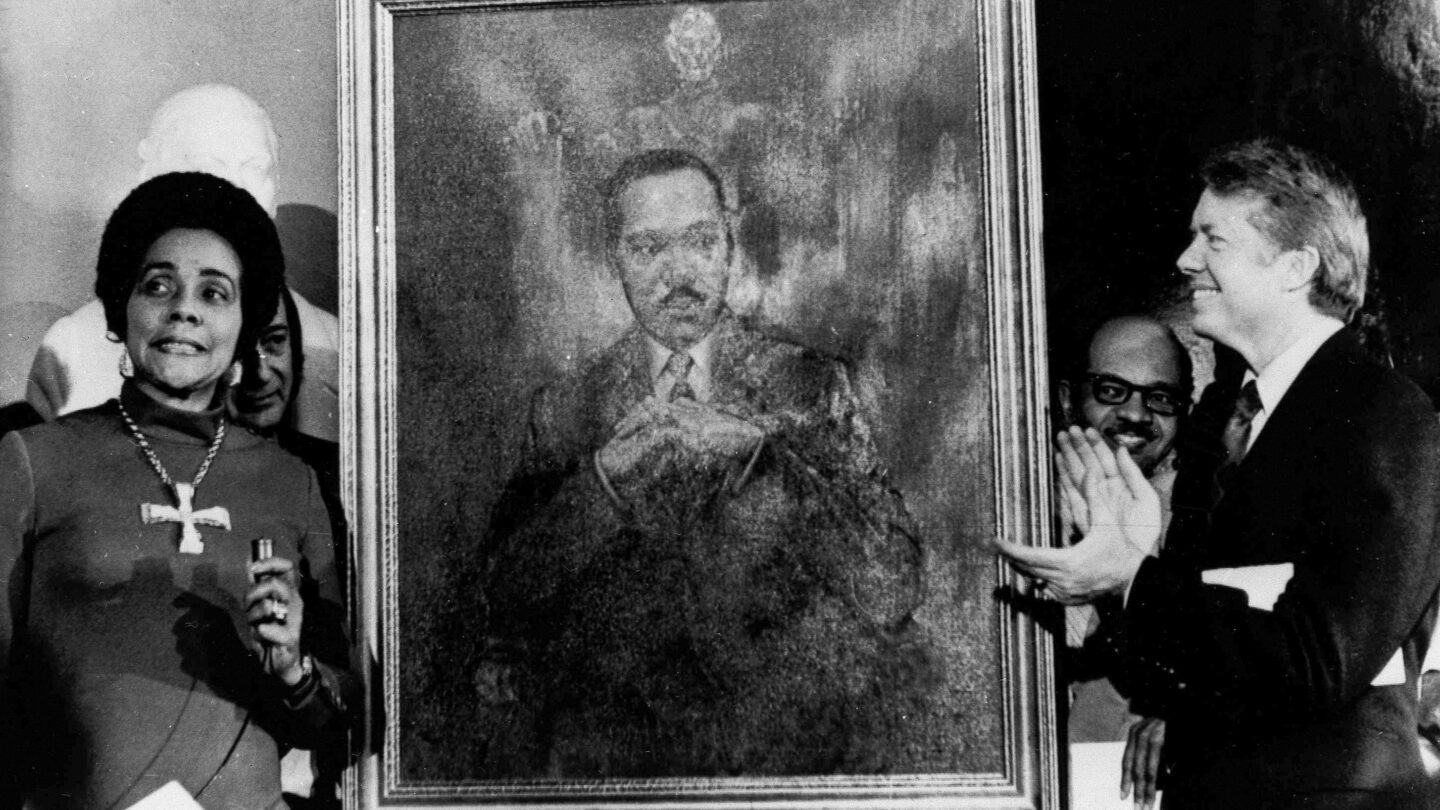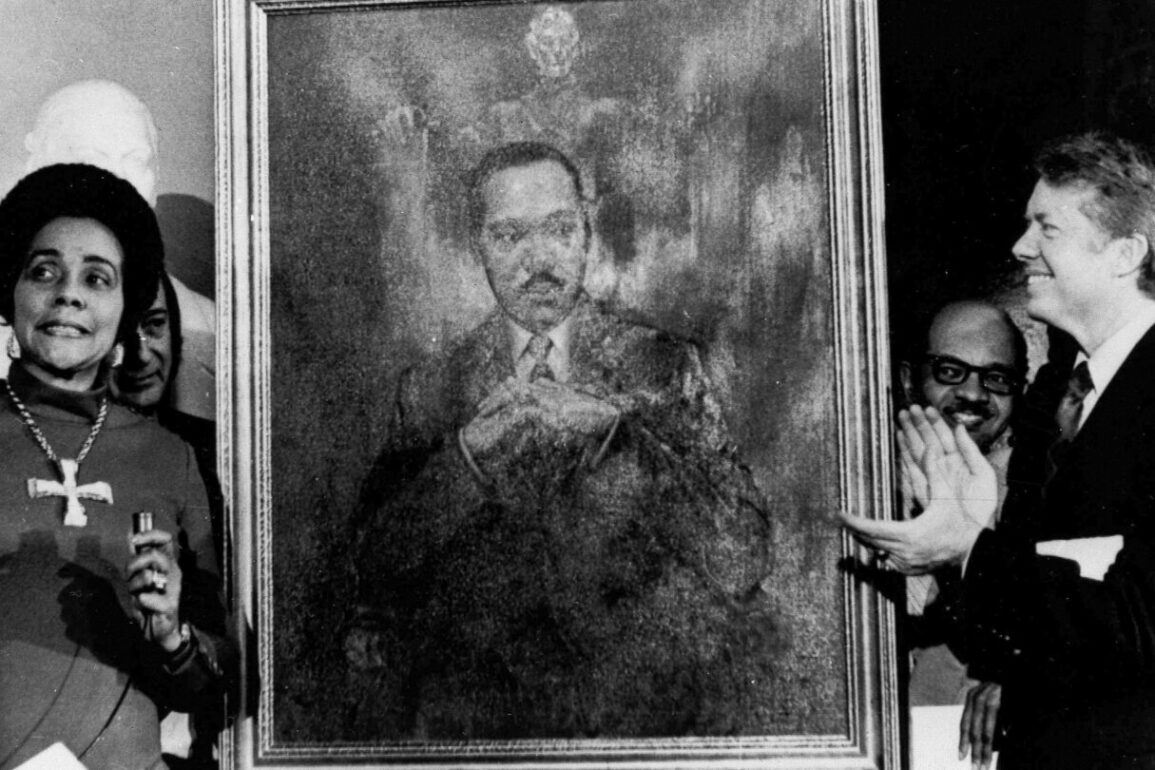
Young Jimmy Carter and his friends were walking across a pasture after a day’s farm labor during the Great Depression. As they came to a gate, his companions stood aside and let Carter enter first.
This was no act of kindness or intuitive deference to a future U.S. president. The two teens stopped because they were Black, and James Earl Carter Jr. was white, a 14-year-old whose father owned the Georgia land they all worked.
After years of playing and working as equals, his friends’ silent statement opened Carter’s eyes.
“We only saw it vaguely then, but we were transformed at the place,” Carter wrote in a poetry collection published years after his presidency. “A silent line was drawn between friend and friend, race and race.”
Carter, who died Dec. 29 at the age of 100, spent his life intertwined with America’s and the world’s enduring legacy of slavery. His approach revealed a dualism in Carter that, at least earlier in life, pitted his ambitions and political pragmatism against the idealism of his religious and social values.


